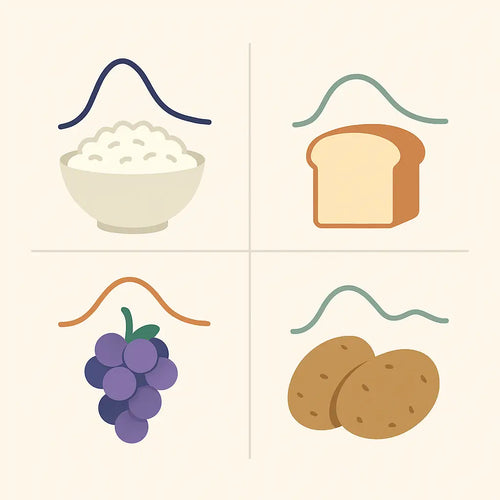Why should you care about the bacteria you have in your gastrointestinal tract? Does it really matter as long as you don’t have diarrhea?
Yes, it does matter.
The type of bacteria you have in your gastrointestinal tract affects much more than your gastrointestinal tract. These bacteria can have an impact on your whole body and affect how you feel in many ways.
Some of the conditions these bacteria affects are irritable bowel disease, nonalcoholic liver disease, nonalcoholic steatohepatitis, cardiovascular disease and atherosclerosis (Goldsmith JR, Sartor B, 2014). These bacteria can even affect your brain.
Research has discovered that greater bacterial diversity is more beneficial because lower diversity has been associated with insulin resistance, increased inflammation, increased cholesterol and triglycerides and even weight gain (Goldsmith JR, Sartor B, 2014).
How do we feed the bacteria that will reduce inflammation and produce the beneficial effects?
These bacteria use fiber as fuel, so the more plant based our diet is, the better it is. A diet high in animal protein has been shown to produce more of a group of bacteria that have been associated with inflammation.
When we provide food for these good bacteria they return the favor by producing short chain fatty acids which the cells of our gastrointestinal tract use as fuel.
This results in healthier mucous membranes, preventing what is termed leaky gut, and the result is less inflammation.
Goldsmith JR1, Sartor RB. The role of diet on intestinal microbiota metabolism: downstream impacts on host immune function and health, and therapeutic implications. J Gastroenterol. 2014 May;49(5):785-98. doi: 10.1007/s00535-014-0953-z. Epub 2014 Mar 21.










